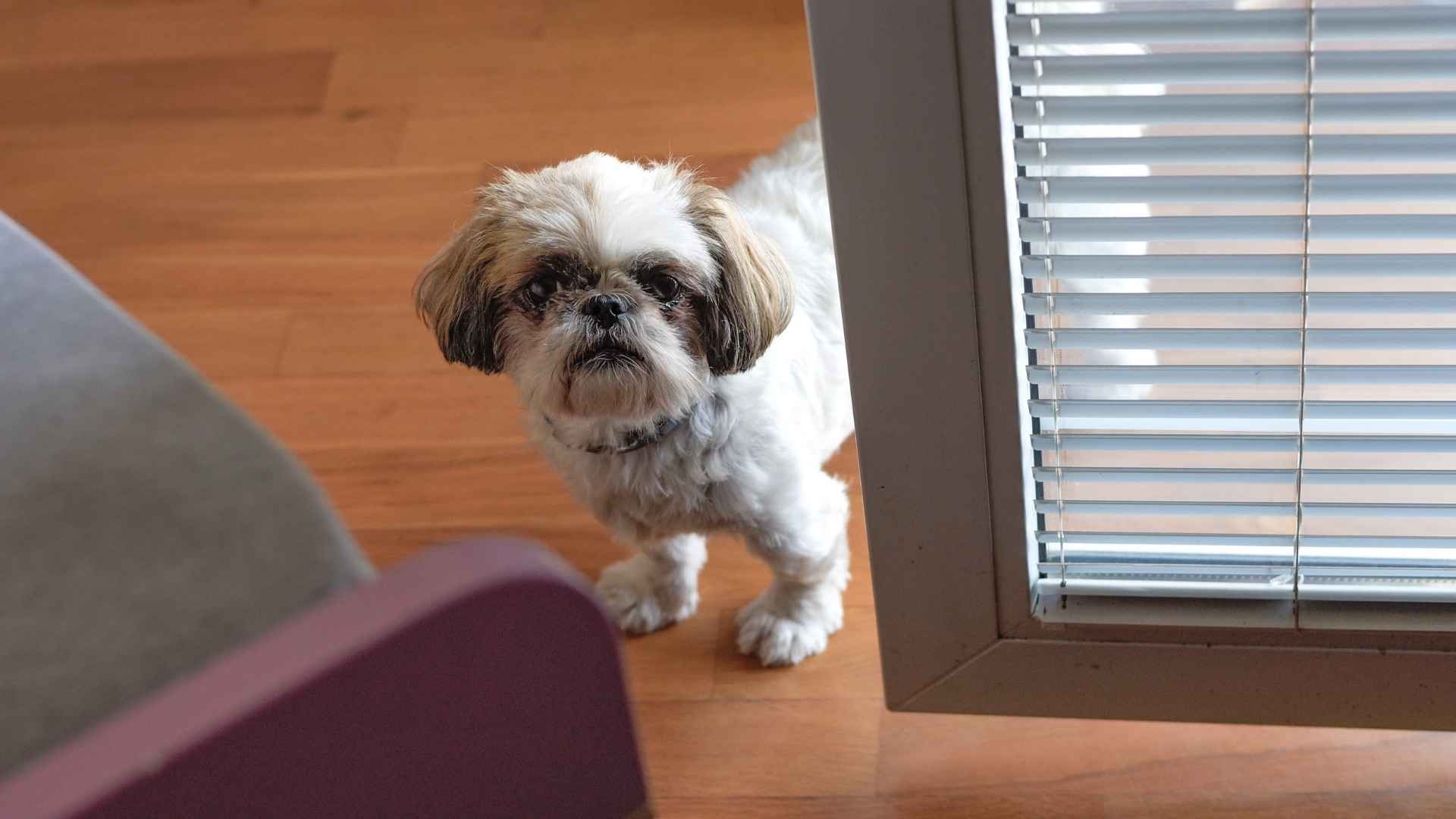Not everyone loves being the center of attention. Some of us hang back at parties, speak softly, and need alone time to recharge.
Dogs can be just like that, too. Shy and quiet dog breeds understand the beauty of calm. They won’t demand to be the star of every room or bark their thoughts to the whole neighborhood.
Instead, they offer a gentle kind of love – the soft paw on your knee when you’re sad, the quiet companionship during long nights, the peaceful presence that never overwhelms.
If you’ve ever felt drowned out by louder voices, you might find a special connection with these seven quiet breeds. Sometimes the deepest bonds form not in noise and excitement, but in peaceful moments of understanding between two gentle souls.
Quiet and Shy Dog Breeds
1. Cavalier King Charles Spaniel
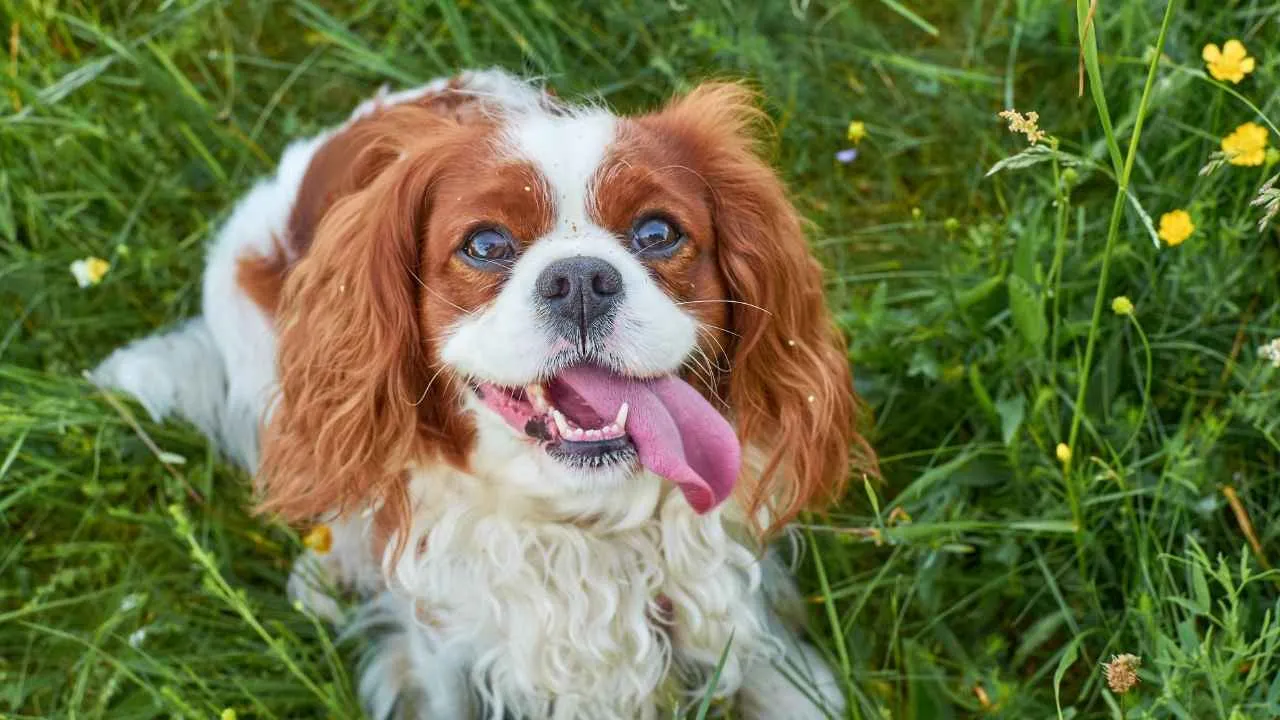
Cavaliers are the kind of dogs that tiptoe into your life and quietly stay there. They’re affectionate, yes, but not attention-seeking. Their calm, watchful presence makes them ideal for people who prefer quiet companionship over noisy energy.
Slow to warm, steady when they do
While they’re gentle by nature, Cavaliers actually adjust well to new environments, as long as they have their trusted person nearby, as mentioned in PetMD.
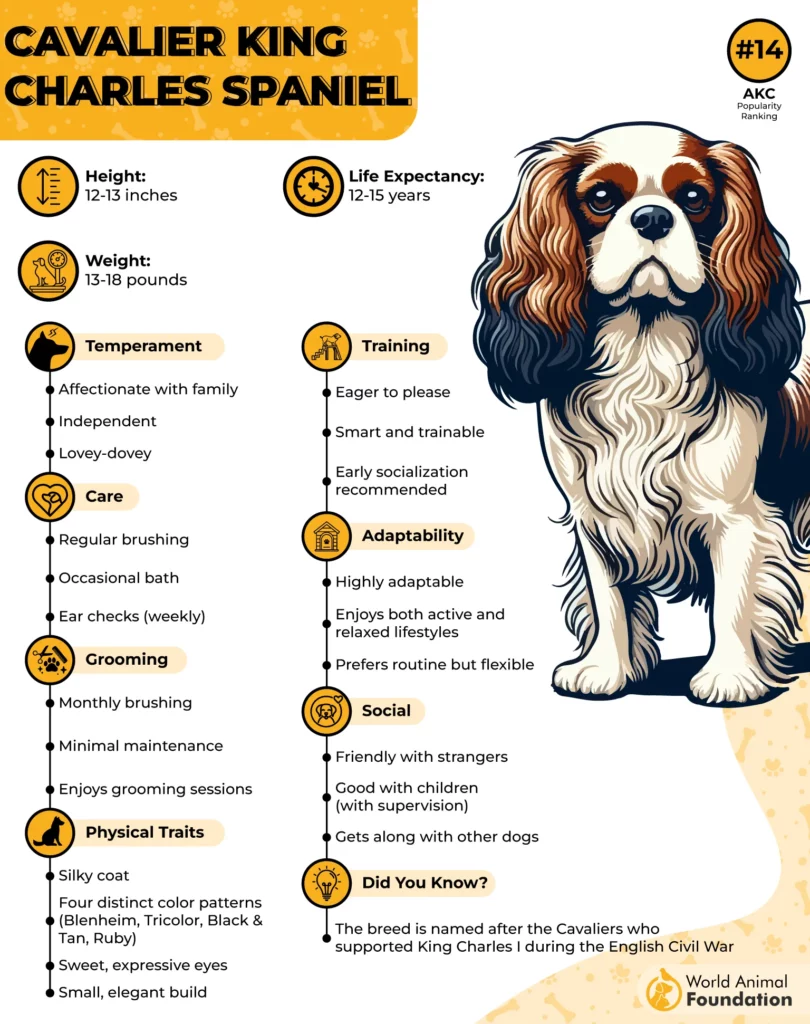
Their adaptable temperament means they can settle into unfamiliar spaces without much fuss, especially when introduced gradually.
Shyness that’s sweeter than stubborn
Often listed among timid dog breeds, they aren’t aloof — just delicately wired. They may retreat when strangers visit or take a bit longer to approach new dogs, but it comes from a place of sensitivity, not stubbornness. Once they bond, they bond deeply.
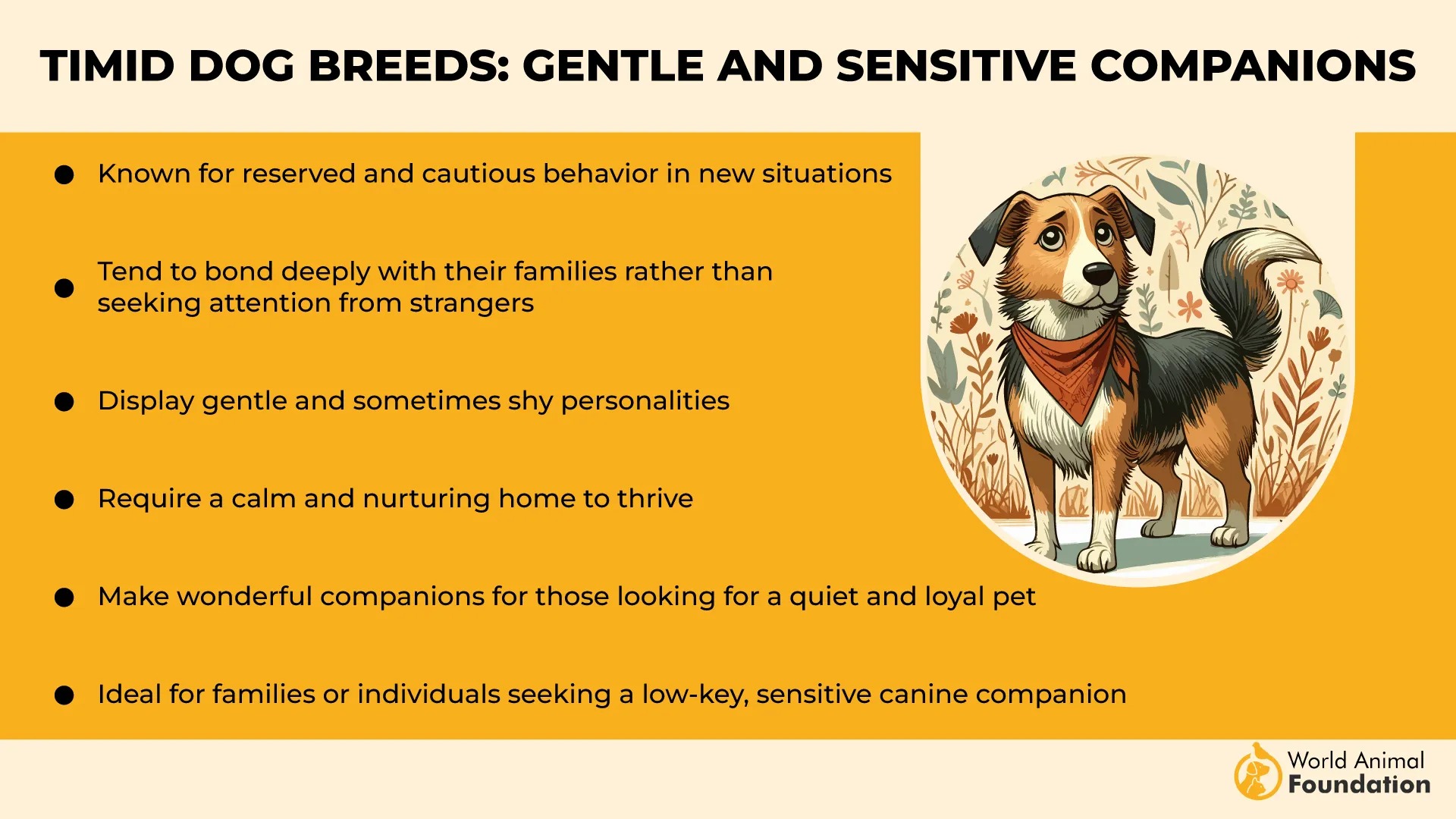
Ideal for quiet households
Their quiet demeanor makes them excellent for apartments or homes with older individuals. They rarely bark unless there’s a real reason. Instead, they communicate through eye contact, body language, and subtle gestures that are easy to understand once you know them.
2. Shiba Inu
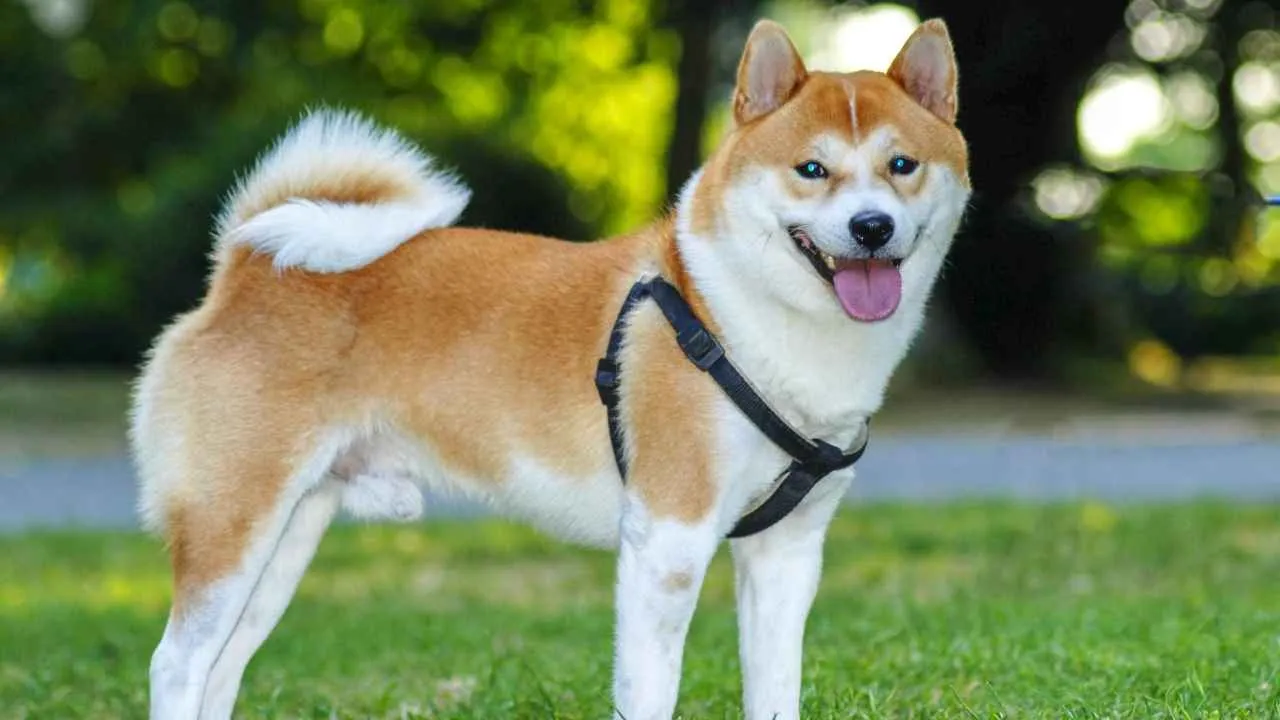
Shiba Inus aren’t typically barky or attention-seeking — they’re known for their quiet confidence. But when frustrated or truly upset, they let it be known with a sharp, high-pitched vocalization known as the “Shiba Scream”, as per PetPlan.
Not your typical lap dog
Originally bred as hunting dogs in Japan, Shibas have a deeply rooted instinct to assess their surroundings before acting. They’re alert but not reactive, which means they don’t startle easily or overreact in new situations. They prefer subtle interaction over constant attention.
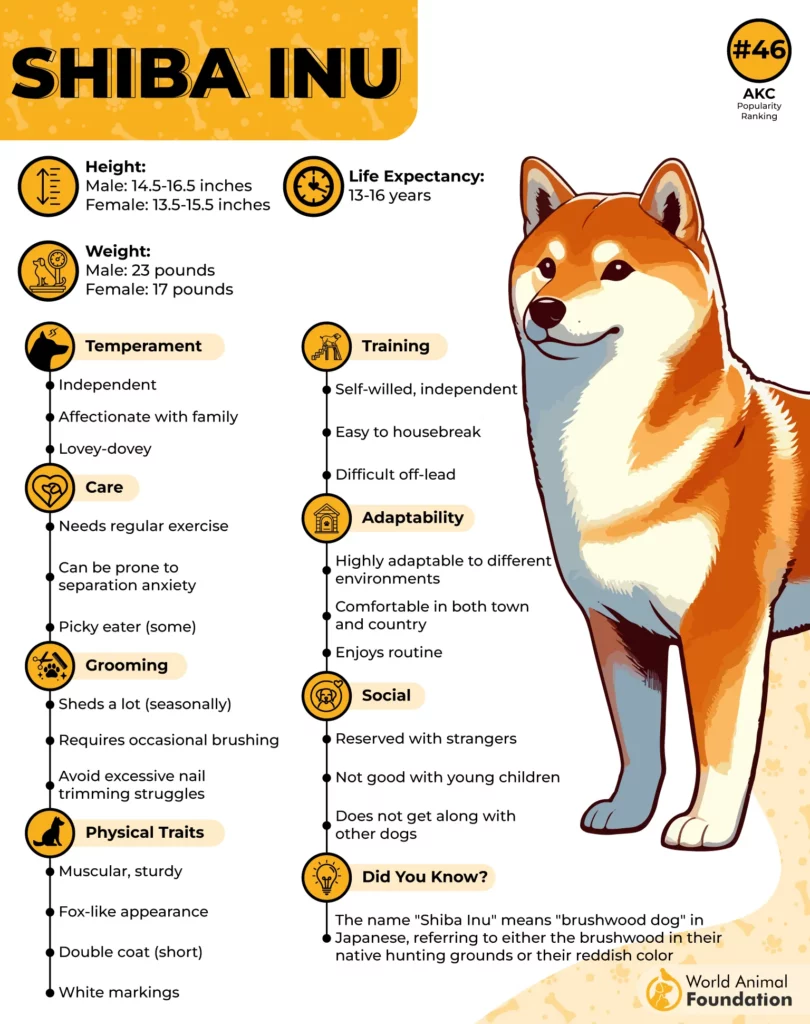
They need consistency, not chaos
To truly thrive, Shibas require a stable environment where they can feel in control of their space. Erratic routines or unpredictable behavior from people or other pets can cause them to withdraw further. A calm environment supports their natural tendencies and helps build trust at their own pace.
Shyness doesn’t mean weakness
That reserved nature doesn’t make them fragile — it’s just part of their DNA. They’re loyal, clean, and smart, but they form strong bonds only when they decide to. Respect their space, and you’ll earn a quiet, dignified companion.
3. Basenji
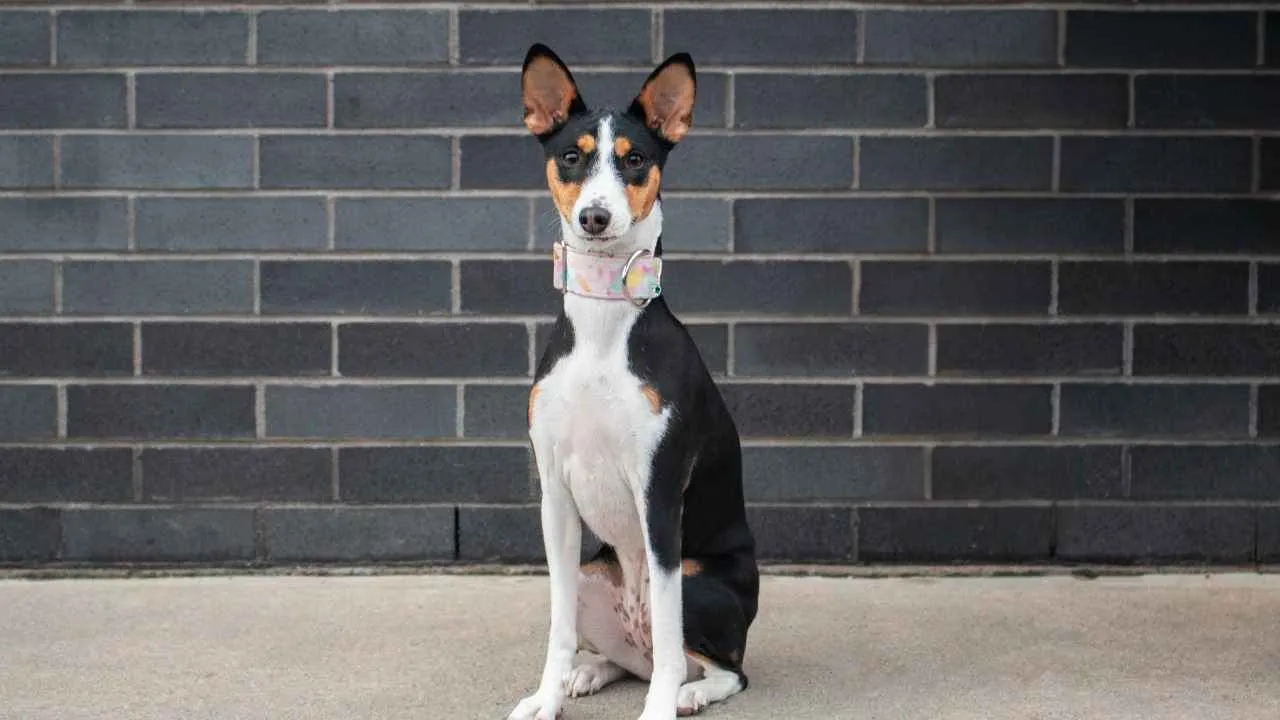
Known as the barkless dog, the Basenji communicates through yodel-like sounds and expressive body language.
They’re naturally quiet and tend to avoid the typical barking associated with other breeds. This quiet communication style is deeply tied to their origins as stealthy hunters in Central Africa.
Shy doesn’t mean distant
Their timid nature can come across as aloof at first, especially around strangers, but it’s more about caution than disinterest. Once they build trust, Basenjis become deeply affectionate companions who enjoy bonding on their own terms. They just don’t warm up instantly, and they value personal space.
Structured routines help them settle
According to the insights of Orvis, Basenjis can be independent thinkers, which makes consistent training a must.
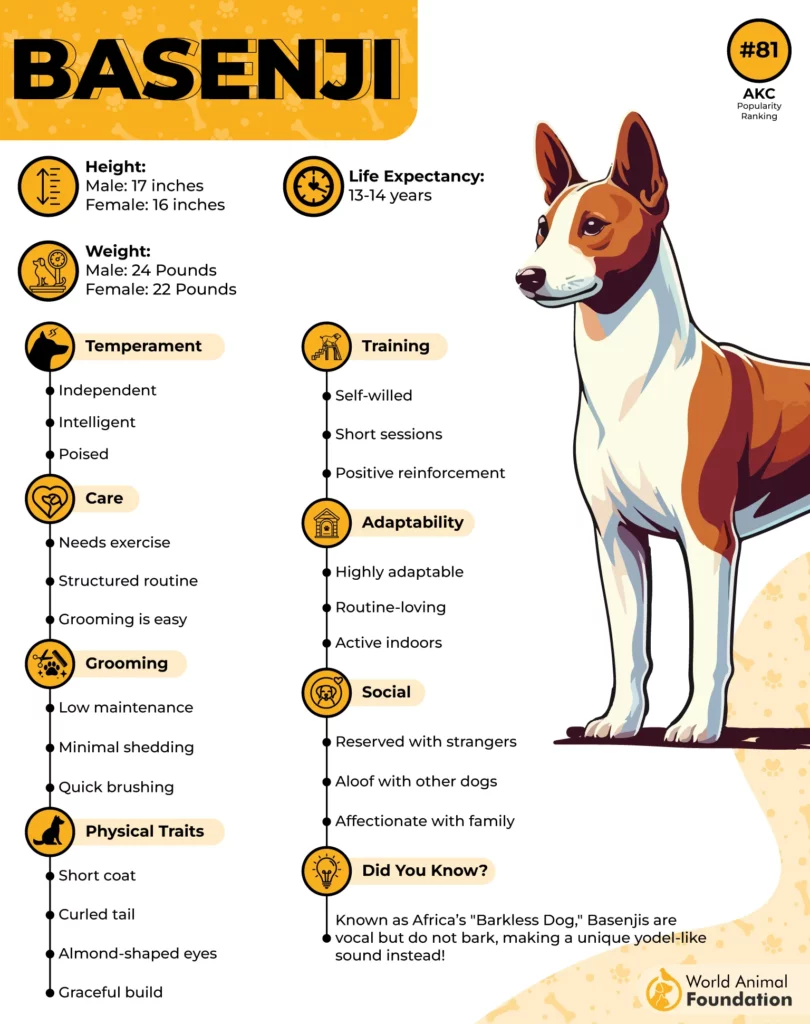
Without clear boundaries, they’ll find their own ways to do things, often ignoring commands altogether. Calm, repetitive routines help them feel secure and reduce their tendency to shut down or withdraw.
Timid, not weak
Their timid nature shows mostly in unfamiliar situations or noisy environments. They tend to freeze or retreat when overwhelmed, rather than react aggressively. Once settled, though, they thrive in stable homes where their sensitivity is understood, not challenged.
4. Soft-Coated Wheaten Terrier
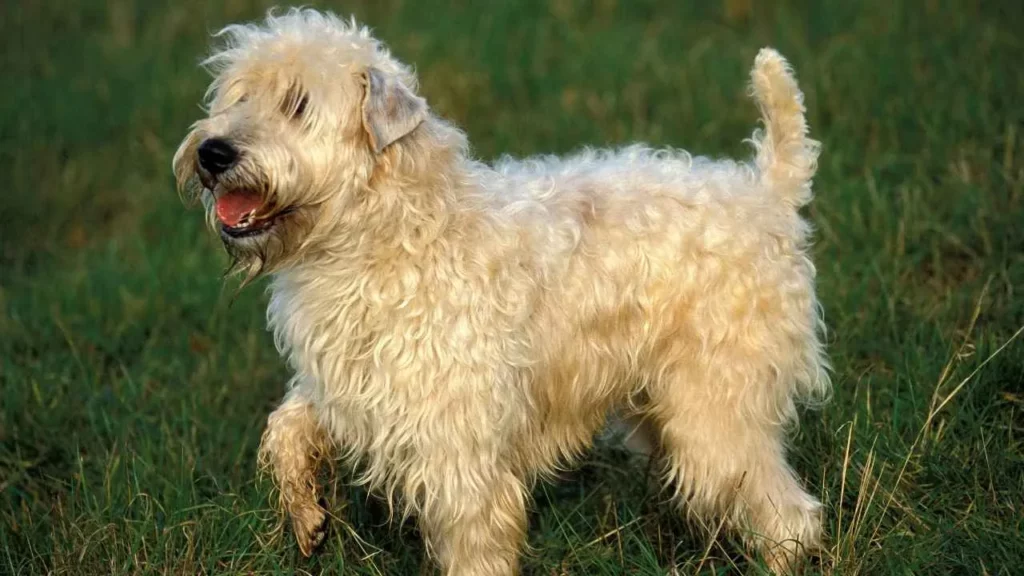
Though cheerful and social around familiar faces, Wheatens often hold back in new settings. Their cautious side can show up during introductions — they may watch quietly before choosing to engage. Once they feel safe, they bond closely with their people in a way that’s warm, not clingy.
Not loud, but not pushovers either
Unlike more assertive terriers, Wheatens don’t use their voice often. They might let out a bark here and there, but their quieter presence makes them well-suited for calmer households.
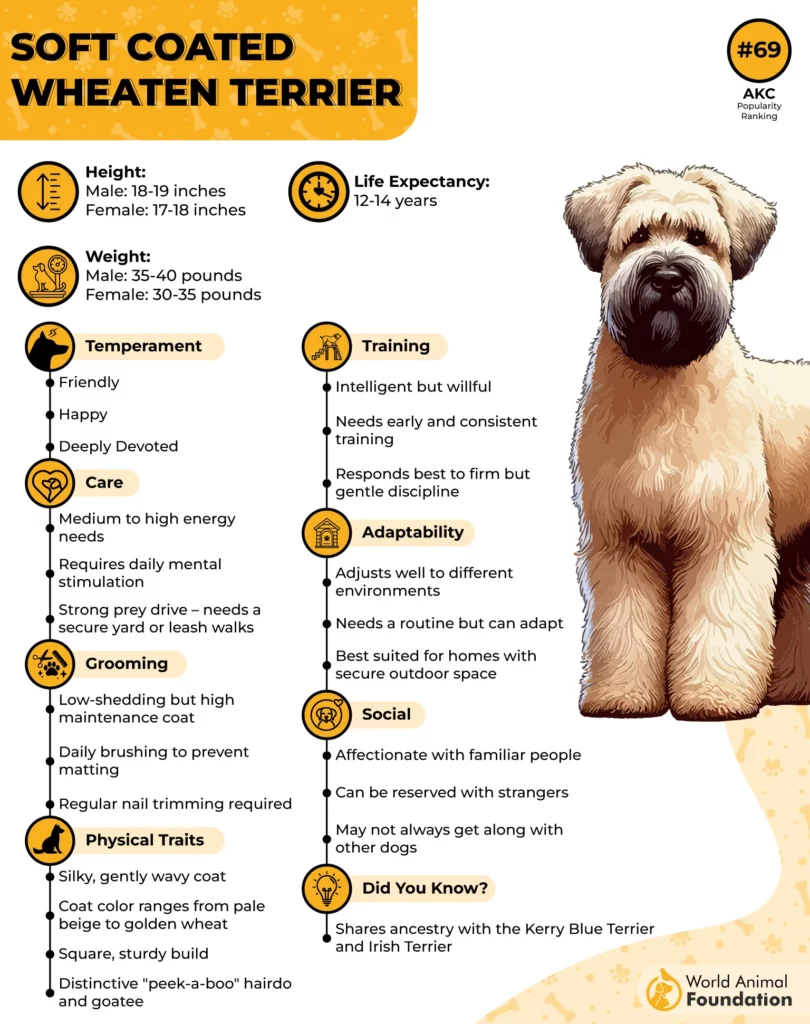
With proper training, they learn to navigate stimulation without overreacting — a key to helping their temperament shine.
They need time, not pressure
This breed can be wary around strangers, but with trusted family members, they’re affectionate, playful, and even goofy. It’s a trust-earned dynamic.
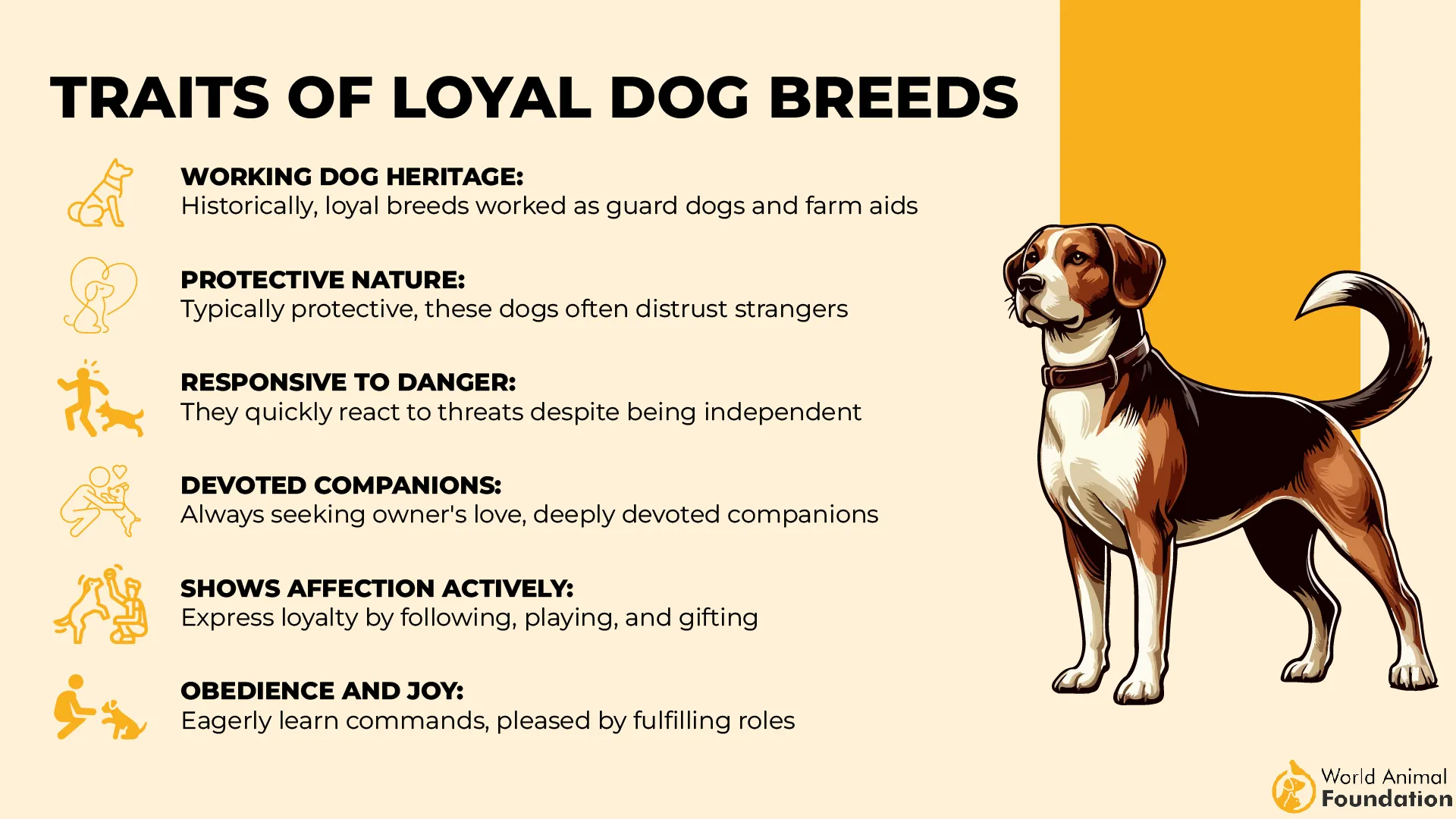
Sudden changes or overly chaotic environments can make them anxious, which is why patience goes a long way with them.
5. Whippet
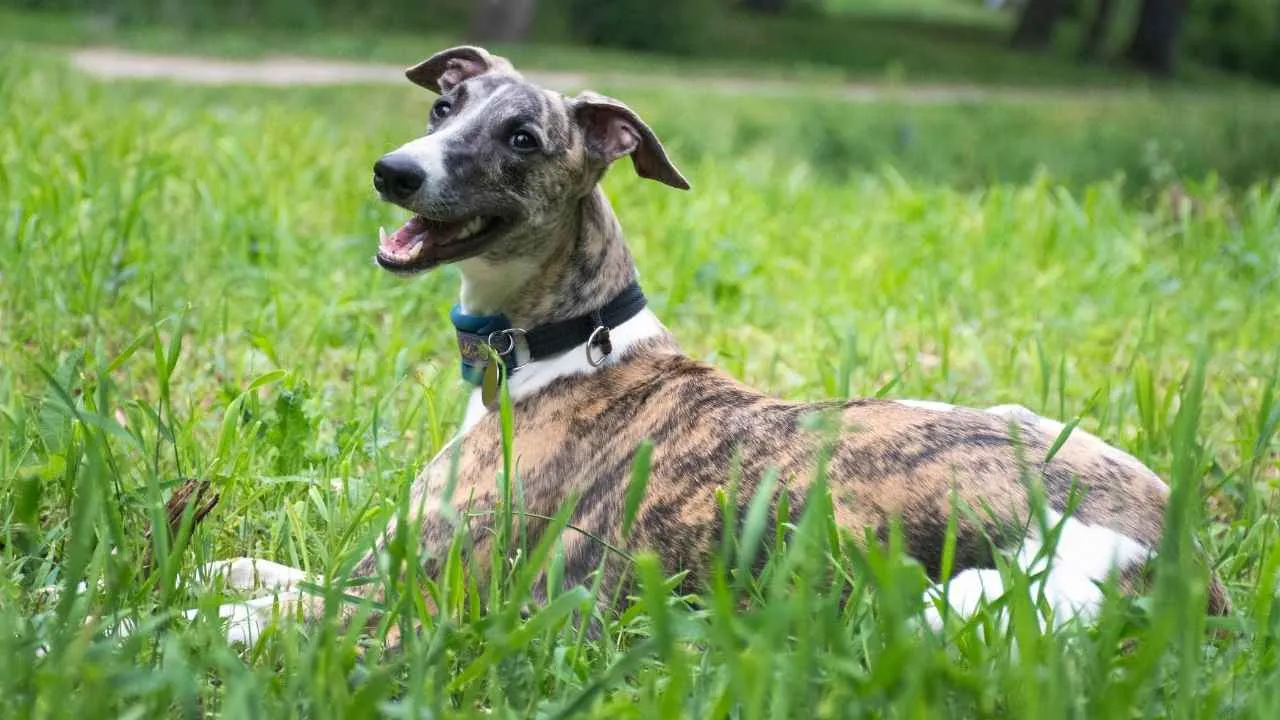
Whippets are often mistaken for being aloof, but their quiet nature is simply part of who they are. They prefer calm surroundings and rarely seek the spotlight.
Instead of barking or demanding attention, they watch, wait, and move only when they feel completely comfortable.
Soft personalities in lean bodies
Despite their racing history, Whippets are emotionally delicate dogs. They can startle easily around loud noises or sudden movement, and they may withdraw in unfamiliar settings. Their sensitivity means they do best with gentle handling and a peaceful, stable home life.
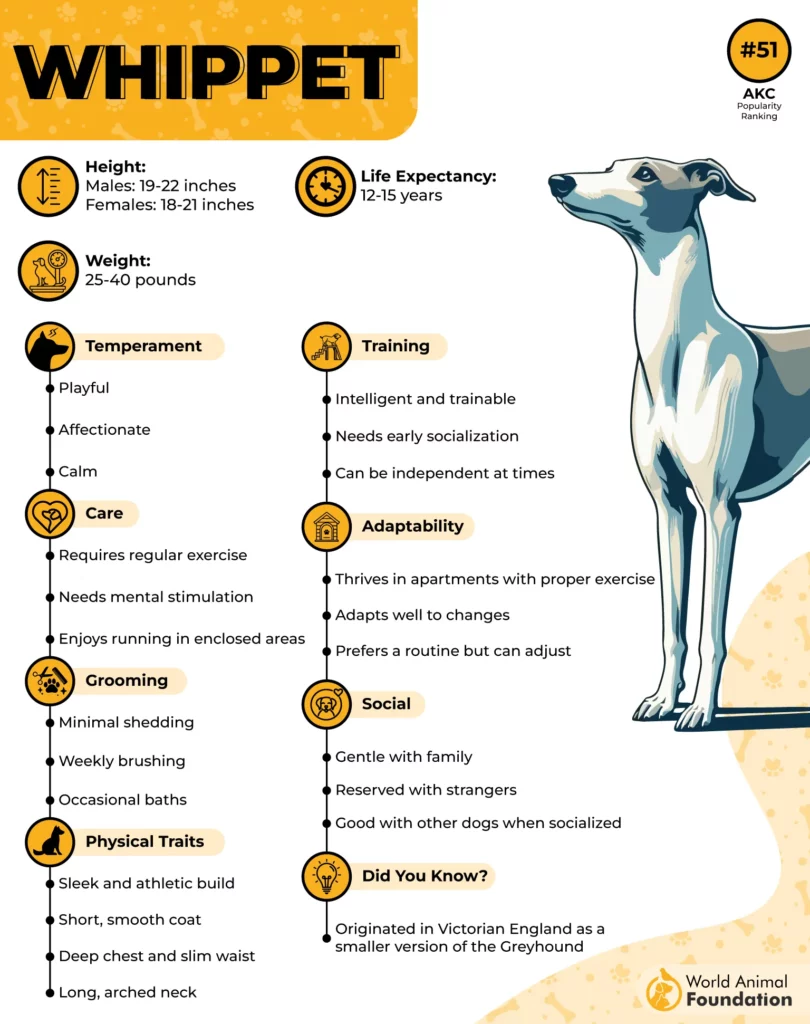
Warm hearts behind the shyness
Whippets form close bonds with their humans but tend to be reserved around strangers. They won’t greet guests with excitement, and they’re rarely the first to initiate interaction in social settings. Still, their loyalty and affection run deep once they feel secure.
Naturally low-key and easygoing
They enjoy bursts of speed but spend most of their time resting quietly. Whippets love cozy spots, calm routines, and human companionship — just without the fuss. Their mellow energy and soft-spoken ways make them one of the quietest breeds you’ll ever meet.
6. Greyhound
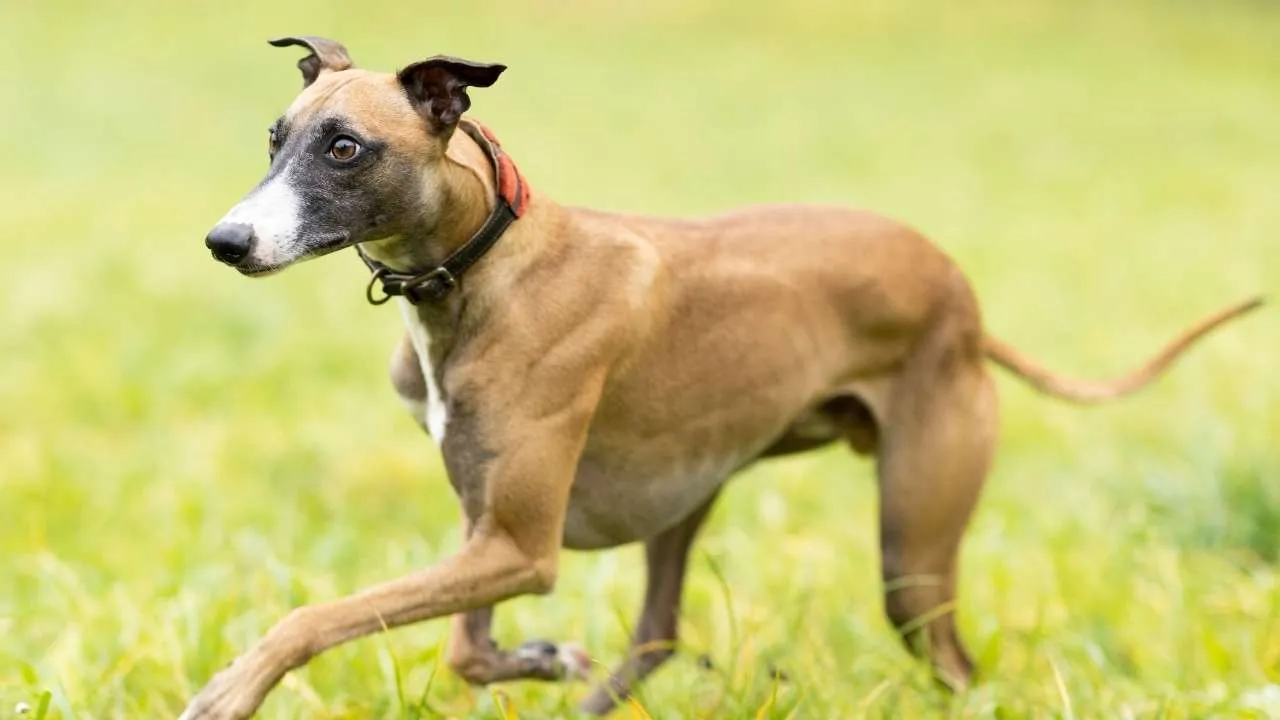
Despite their racing background, Greyhounds are among the calmest, most reserved dogs you’ll meet. They don’t bark much and tend to stay out of the way in busy or chaotic environments. Their quiet presence makes them a surprising match for low-energy households.
Cautious souls beneath the sleek build
Many Greyhounds are slow to warm up in new places or around unfamiliar people. Their shyness often stems from early kennel life, where human interaction was limited. Even routine experiences like car rides or stairs can feel overwhelming at first.

Not fans of loud or unpredictable spaces
Greyhounds often retreat from noisy settings and respond best to gentle handling and consistency. They prefer soft voices, smooth movements, and one-on-one attention. Sudden changes in their environment can cause them to freeze or quietly remove themselves.
Reserved, but deeply affectionate when ready
They don’t seek attention the way other breeds might, but once bonded, Greyhounds thrive on quiet companionship. They enjoy shadowing their favorite person from room to room, offering quiet loyalty rather than constant affection. Patience is all they ask for.
7. Shih Tzu

Shih Tzus are naturally mild-mannered and tend to observe before they engage. They don’t bark much unless there’s a real reason, preferring to stay close and calm. Their quiet presence often goes unnoticed—until they gently nudge you for attention.
Shyness wrapped in independence
Though they enjoy being around people, Shih Tzus aren’t quick to trust new faces. They’ll often keep their distance at first, watching quietly rather than jumping into interactions. Their independent streak means they’re fine on their own terms, especially in unfamiliar settings.
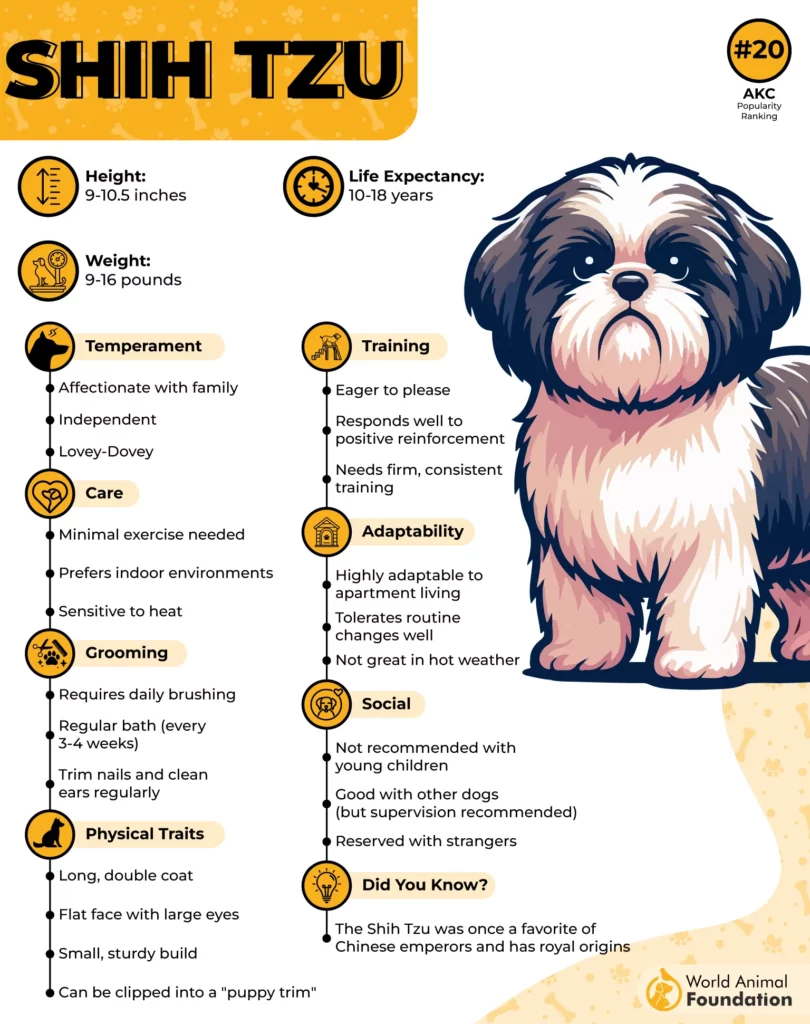
Slow to adjust, but steady when settled
New environments or sudden changes can make them uneasy. Instead of acting out, they may withdraw or stay unusually still.
They take comfort in soft voices, calm routines, and familiar surroundings, especially when given space to come out of their shell.
Emotionally tuned in, but never overwhelming
Shih Tzus are sensitive to tension and pick up on subtle emotional cues. Rather than reacting loudly, they tend to quietly mirror the energy around them. Their quiet loyalty makes them ideal for those who prefer companionship without constant stimulation.
Conclusion
Not all dogs need to be social butterflies to make wonderful pets. These seven quiet and shy dog breeds prove that sometimes the gentlest souls make the most loyal companions.
Whether you live in an apartment, work from home, or simply value peace and quiet, these sensitive souls can fit perfectly into your life. Remember that most timid dog breeds don’t need constant excitement—they actually thrive on calm, consistent routines.
Give them time to adjust to unfamiliar environments, respect their boundaries, and you’ll earn their trust forever. The right furry friend isn’t always the loudest or most outgoing, but rather the one whose personality matches yours.
For individuals seeking a peaceful presence rather than a party animal, these several breeds offer all the love without the noise.


